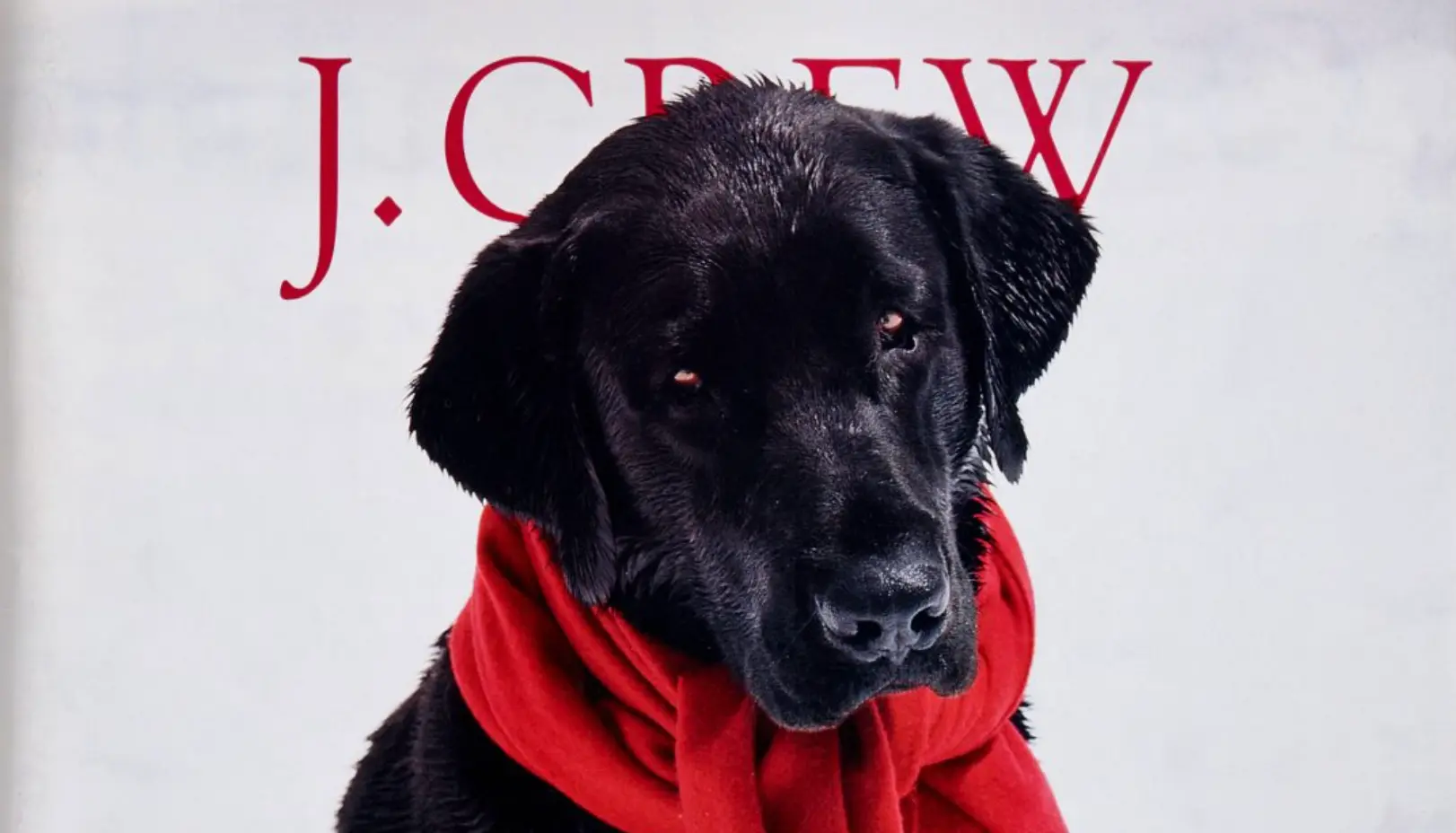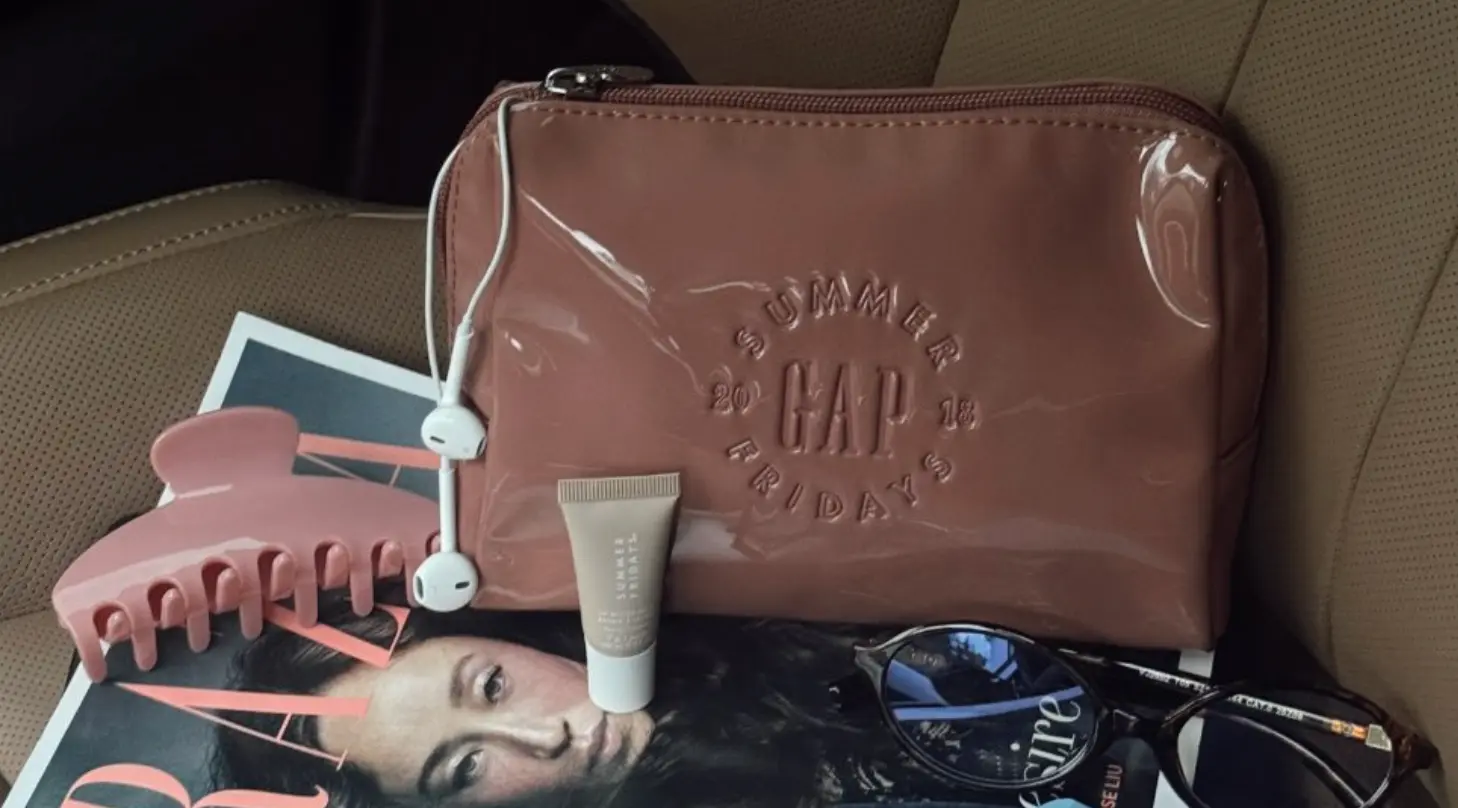Reviving the '90s: The Comeback Stories of Top 7 Fashion Brands in 2023
Updated on
Published on

A compelling resurgence of '90s trends, echoing the looks and vibes that defined an iconic era, is present in the fashion landscape of 2023. Among the standout narratives are the comeback stories of seven fashion brands that once dominated the '90s scene. Claire’s, Champion, Birkenstock, Converse, Fila, Levi's, and Reebok have all orchestrated remarkable returns to prominence, drawing on their storied histories and adapting to the contemporary fashion landscape.
1. Claire’s

Claire’s, an iconic '90s mall jewellery brand, was a staple in the lives of teenagers and young adults. Known for its colourful accessories and ear-piercing services, Claire’s was synonymous with youthful fashion and self-expression. In 2021, Claire’s experienced a resurgence in popularity, with net sales reaching $1.4 billion, reflecting a significant uptick from previous years. The brand, under the leadership of Chief Marketing Officer Kristin Patrick, strategically modernized its image while staying true to its core brand identity. Kristin Patrick's impact is evident in the 'Get Pierced' campaign, a bold move that placed Claire’s ear-piercing services at the centre of its marketing strategy. By making ear piercing a focal point, Claire’s tapped into a nostalgic element for its loyal customers while attracting new audiences seeking experiential and memorable retail moments. Claire’s decision to highlight ear piercing aligns with the contemporary trend of personalized and unique experiences. It not only caters to a sense of nostalgia but also positions Claire’s as a destination for self-expression, aligning with the values of a new generation.
2. Champion
Champion, a sportswear brand founded in 1919, carved its niche with the iconic 'C' embroidered sweatshirt brand. Originally associated with athletic apparel, Champion witnessed a resurgence in 2023 that transcended its sports-centric origins. In 2023, Champion experienced an estimated $2 billion in annual sales, a testament to its successful transformation into a fashion-forward brand. The brand's historic association with athletic wear was revamped to align with the growing athleisure trend, where comfort meets style. Champion's strategy involved a meticulous revamp of iconic styles, catering to consumers' desires for both comfort and fashion. Former president Susan Hennike played a pivotal role in steering the brand in a more style-centric direction. Champion's collaborations with high-end designers and influencers added a touch of exclusivity to its offerings. By transcending its athletic origins and collaborating with fashion influencers, Champion successfully rebranded itself as a stylish and versatile choice for consumers.
3. Birkenstock

Founded in 1774, Birkenstock is a German footwear brand known for its comfortable yet unconventional sandals. Originally recognized for orthopedic shoes, the brand experienced a resurgence by tapping into its heritage and embracing modern trends. Birkenstock's association with comfort and orthopedic design became a unique selling proposition in the fashion landscape. The brand's signature "ugly" sandals gained a chic appeal, challenging traditional notions of footwear aesthetics. Birkenstock's return to prominence involved strategic partnerships with high-end designers, including collaborations with Valentino and Rick Owens. These partnerships added a fashionable element to Birkenstock's offerings, making them popular choices among fashion enthusiasts. A crucial aspect of Birkenstock's revival is its commitment to sustainability. Embracing eco-friendly practices and aligning with the values of environmentally conscious consumers contributed to the brand's modern identity.
4. Converse
Founded in 1917, Converse has been a classic brand with a rich history. In the '90s, Converse sneakers symbolized grunge culture and rebellion, making them an iconic choice. Converse's popularity surged in the '90s, especially as a symbol of grunge culture. However, with the rise of new trends, the brand faced challenges in maintaining relevance. Under new leadership, Converse orchestrated a strategic comeback. The 'Forever Chuck' campaign exemplifies the brand's ability to blend its heritage with contemporary marketing strategies. It brought Converse back into the cultural conversation by embracing its old-school style in a modern context. Converse's success lies in its adeptness at blending heritage with modernity. By staying true to its roots and acknowledging its cultural significance, Converse appealed to a new generation of consumers looking for authenticity and style.
5. Fila

Fila, founded in 1911, is an Italian sportswear brand that initially gained recognition for its tennis apparel. In the '90s, Fila became a fashion staple for the hip-hop and streetwear communities. The acceptance of Fila within the hip-hop and streetwear scenes in the 1990s was a defining characteristic of its popularity. However, the brand faced a decline in subsequent years. Fila's recent resurgence is credited to a strategic takeover by a Japanese entrepreneur. This change in leadership brought about a transformation that revitalized the brand and aligned it with contemporary fashion trends. Fila's collaborations with luxury brands like Fendi and Jason Wu elevated its status in the fashion hierarchy. These partnerships brought a sense of exclusivity to Fila's offerings, attracting a diverse and upscale consumer base. The story continues with a comprehensive exploration of the remaining brands, Levi's and Reebok, and a conclusion that ties together the common threads of their comebacks in the context of nostalgia, sustainability, athleisure trends, collaborations, social media, and rebranding efforts.
6. Levi's
Founded in 1853, Levi’s stands as an enduring icon in the world of denim. Recognized for its quality craftsmanship and timeless style, Levi’s has experienced a resurgence in recent years by strategically navigating the evolving fashion landscape. In response to the growing consumer demand for eco-friendly fashion, Levi's revival is characterized by a commitment to sustainability. By embracing sustainable practices in its production processes, Levi’s not only aligns itself with contemporary values but also caters to a market increasingly focused on ethical consumption. Understanding the desire for vintage denim, Levi’s has successfully tapped into this trend. The brand offers reissued versions of its iconic 501 jeans, providing consumers with a blend of nostalgia and modernity. Levi’s has positioned itself as the go-to choice for those seeking both classic and environmentally responsible denim. Levi’s 'Live in Levi’s' campaign embodies the brand's strategy of inviting consumers to live their lives authentically in Levi’s. The campaign emphasizes the brand's role in the everyday lives of its wearers, connecting emotionally with a broad audience. Additionally, Levi’s has invested in innovation with the setup of a multi-million-pound innovation lab, ensuring the continuous evolution of its product lines.
7. Reebok: Evolution from Athletic to Celebrity Fashion
Established in 1958, Reebok initially gained prominence in athletic footwear and apparel. However, its recent journey involves a surprising evolution beyond sports into the realm of celebrity fashion. Reebok's unexpected endorsements from celebrities like Gigi Hadid and Victoria Beckham have played a pivotal role in reshaping its brand image. The infusion of celebrity influence has broadened Reebok's appeal, making it not just a sportswear brand but a symbol of celebrity-endorsed fashion. The acquisition of Reebok by the Authentic Brands Group has further fueled its transformation. This change in ownership opened avenues for strategic collaborations and partnerships that transcended traditional athletic wear. Reebok's foray into apparel and the introduction of new sneaker lines demonstrate its commitment to diversification. By expanding its product offerings, Reebok caters to a broader audience, capturing the attention of those seeking both style and functionality.

Common Threads: Factors Contributing to the Comebacks
A comparative analysis reveals shared factors contributing to the comebacks of these seven brands. Nostalgia plays a significant role, as consumers yearn for the styles of the past. Sustainability has become a key focus, with brands aligning with eco-friendly practices. The athleisure trend has driven the success of sportswear brands, while collaborations and social media have amplified their reach. Rebranding and marketing efforts have been instrumental in shaping modern and relevant brand images. Nostalgia, sustainability, athleisure trends, collaborations, social media, and strategic rebranding efforts emerge as pivotal contributors to the resurgence of these '90s fashion brands. Brands that successfully navigate these elements find themselves not only recapturing past glory but also forging new paths in the contemporary market.
The brands' ability to adapt to changing consumer preferences, embrace sustainability, and leverage modern marketing strategies underscores their resilience. The '90s fashion revival is not just a nostalgic trip but a testament to these brands' capacity to stay relevant in an ever-evolving fashion landscape. As we conclude, it is evident that the enduring influence of '90s fashion extends beyond a mere trend. The styles and narratives of the '90s continue to shape contemporary fashion, proving that timeless elements always find a way to resonate with new generations. The comeback of these brands signifies not just a revival but a continuation of their lasting impact on the fashion narrative.







